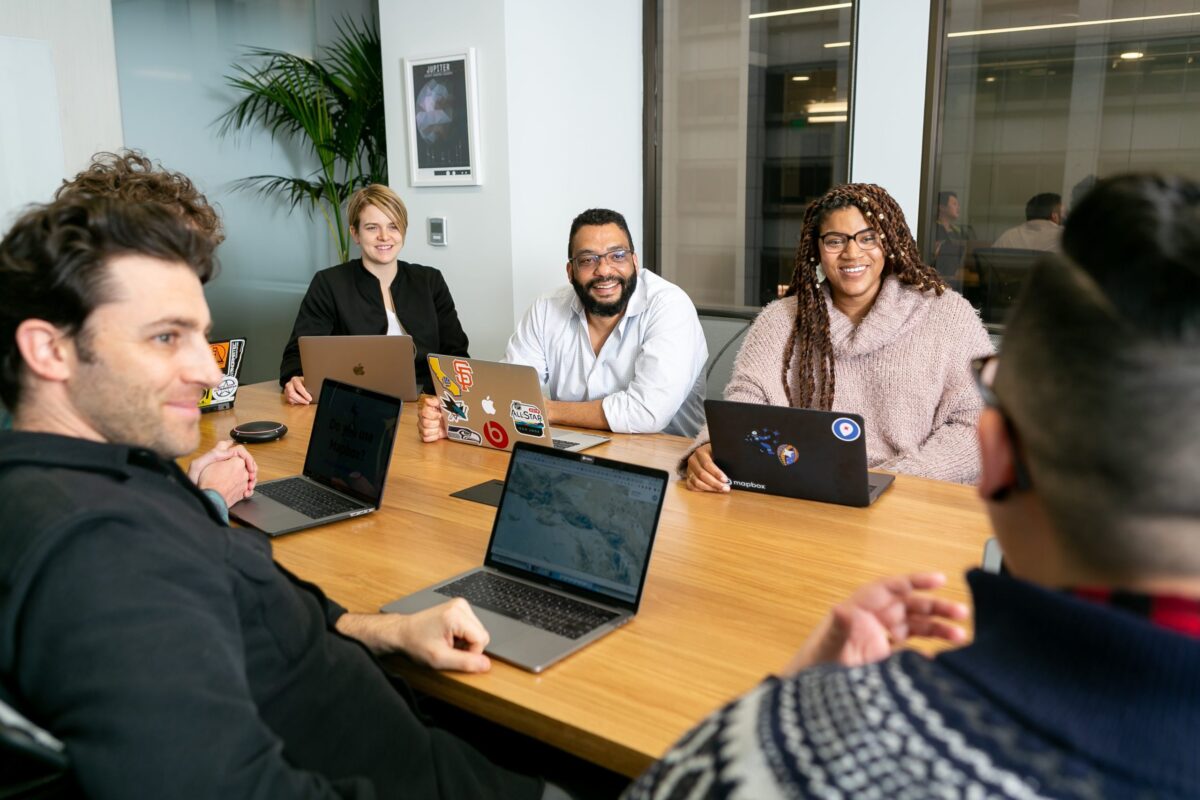No products in the cart.

“The best decision you’ll ever make is the one you corrected when it hurt the most.” –Greg Williams, The Master Negotiator & Body Language Expert (Click to Tweet)
“Do You Want To Know How To Make Better Decisions”
People don’t realize; they’re always negotiating.
Are you aware of the number of decisions you make every day in your life? The answer is, probably not. A lot of your choices are automatic. And yet some decisions are more critical than others because they have a significant impact on your life. You can make better decisions, which will allow you to achieve better outcomes in your life. And here’s how you can improve your decision-making abilities.
Ask The Right Questions
Asking questions will always garner additional information. But the wrong queries can take you down an unwanted path. That can cause rebound difficulties. And, once you rebound, you’ll be back where you started. Which means you will have wasted time.
First, you must know your core values. That will assist in leading you to ask better questions, which in turn will lead to better decisions. If your choices don’t align with your core values, you could find yourself seesawing between preferences that don’t serve your goals. Meaning, you’ll make decisions like a rudderless boat in the middle of a stormy ocean, wondering why it’s challenging to reconcile adverse conditions.
To decrease the chances of being rudderless, be mindful of the questions you ask, and where the answers may lead. If you don’t like where they may lead, ask better questions. And don’t stop asking questions until you’re satisfied that you have the right answers.
Know Your Biases
Everyone possesses preferences, which are their biases. And your preferences will color your perspective when you make decisions. Thus, you must guard them during your evaluation process when determining the course of action you’ll adopt. It would help if you were mindful of four particular kinds of biases when making decisions.
-
Sunk Cost Fallacy
How many times have you said to yourself, well, I’ve gone this far – I might as well go further? And then, later, you kicked yourself for not getting out of a situation sooner. When you went through that experience, sunk cost fallacy afflicted your thought process.
To make better decisions, understand how you arrived at your present destination. In particular, assess where you thought you’d be versus where you are. It would have behooved you to have installed points of measurement for that purpose.
The point is, don’t allow a decision that turns bad to pull you deeper into worse decisions. Have a cutoff point. And don’t worry about what you’ve invested thus far. Just be aware that what’s gone is gone. Don’t lose more by chasing what you’ve lost. By cutting your losses at a predetermined point, you’ll save more resources going forward. And that will enhance your decision-making abilities.
-
Self-Serving
Some decisions you’ll evaluate will appear more pleasing because they cast you as the person of success in the outcome. You may think, and what’s wrong with that? After all, you’re attempting to make decisions that improve your plight in life.
The problem with seeing yourself in that role is, it could blot out alternatives that might offer better choices. And, since you see yourself as the heroic character, you may become inclined to accepting more thoughts that lead to making more decisions along that path. Then, you’d be stuck if that was the wrong path. Thus, your challenge becomes, seek answers that lead to improving your decision-making abilities. But don’t pursue solutions for the sake of merely confirming your biases. That would be self-serving.
-
Cognitive Fluency
Cognitive fluency entails how you perceive something based on its appearance or ease of consumption. Thus, if something is more pleasing to you, you’ll have a higher propensity to look upon it favorably. Accordingly, as you seek to make decisions, you’ll accept data that are more aligned with what you think it should represent.
Again, your biases will be an underlining force that’s guiding your decision-making process. That’s not to say that it’s wrong. It’s to say, if it sounds too right, be aware of how you’re coming to the conclusions you’re making when reaching your decisions.
-
Confirmation Bias
Most people have a sense of pleasure knowing that they’re right about a matter. Thus, they seek information from sources that confirm their position. And that can become a problem when making decisions.
If you only seek data that supports your current position, you’ll tend to ignore data that opposes it. And that will leave your decisions wanting for input that might have led to a better outcome. To thwart the exclusion of insights that may oppose your position, keep an open mind, and be willing to hear opposing opinions. Doing so will allow you to make more decisive and better decisions.
Intuition
Everyone is intuitive – but everyone doesn’t observe their intuition. When you ‘have a feeling about something,’ that’s your intuition signaling. When making decisions, they must become finely tuned to your intuition – because intuition is the messenger delivering signals from your subconscious mind to your state of consciousness.
Every day you’re bombarded with thousands of sensory perceptions. As your brain assesses what’s vital for your wellbeing, it determines what to pass to your consciousness. Things that it deems as less critical don’t make that trip. But you do sense some of them lightly. And that’s intuition, which is why it’s essential to pay attention to it when making decisions.
Cabals
When weighing decisions, consider conspirators that may be waiting to thwart your efforts because those efforts would threaten their goals. Being aware of secret forces that are against you will help you make better decisions. In some situations, that insight will sway you from engaging in choices that may have put you on a collision course, which could be a colossal waste of time. Just be mindful that every decision you make impacts someone. The more powerful that entity is, and the degree they’re opposed to your choices, the more careful you should be about making such decisions.
Reflection
Since your decisions rule many aspects of your life, the sooner you begin making better decisions, the more significant will be the outcomes. That will also enhance your opportunities and growth. If that’s what you seek, I suggest you embrace the thoughts that I presented. And everything will be right with the world.
Remember, you’re always negotiating!
Listen to Greg’s podcast at https://c-suitenetwork.com/radio/shows/greg-williams-the-master-negotiator-and-body-language-expert-podcast/
After reading this article, what are you thinking? I’d like to know. Reach me at Greg@TheMasterNegotiator.com
To receive Greg’s free “Negotiation Tip of the Week” and the “Negotiation Insight” click here https://www.themasternegotiator.com/greg-williams/
#Decisions #BodyLanguageSecrets #csuitenetwork #thoughtcouncil #Negotiator #NegotiatingWithABully #Bodylanguage #readingbodylanguage #Negotiation #NegotiationStrategies #NegotiationProcess #NegotiationSkillsTraining #NegotiationExamples #NegotiationTypes #negotiationPsychology #HowToNegotiateBetter #ReadingBodyLanguage #BodyLanguage #Nonverbal #Negotiate #Business #SmallBusiness #Power #Perception #emotionalcontrol #relationships #BodyLanguageExpert #CSuite #TheMasterNegotiator #ControlEmotions #GregWilliams #success #Howtowinmore #self-improvement #howtodealwithdifficultpeople #Self-development #Control #Conversations #Howtocontrolanegotiation #howtobesuccessful #HowToImproveyourself















